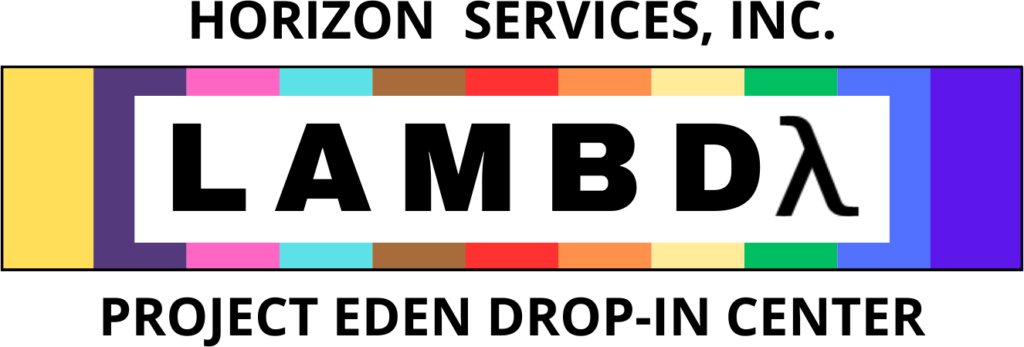What Is a Substance Use Disorder?
A substance use disorder (SUD) is characterized by the recurrent use of drugs or alcohol despite the negative consequences it causes to a person’s health, social life, work, and other areas of life. SUDs are a chronic, relapsing brain disease that can affect a person’s behavior, thoughts, and emotions.
An SUD may encompass a range of addiction severity, from mild to severe, depending on the number of criteria met.1Mild SUDs may involve two or three symptoms, moderate SUDs may involve four or five symptoms, and severe SUD may involve six or more.2

Symptoms of Substance Use Disorders
SUDs are typically diagnosed when a person meets specific criteria, such as:3
- Continued use of the substance despite significant problems or consequences
- Difficulty controlling the use of the substance
- The development of a tolerance to the substance, meaning the person needs more of it to achieve the desired effect
- Withdrawal symptoms when the substance is discontinued or decreased.
- Spending a significant amount of time obtaining, using, or recovering from the effects of the substance
- Giving up important social, occupational, or recreational activities due to substance use
- Using the substance in hazardous situations, such as driving under the influence.
An SUD can have severe consequences on a person’s physical and mental health, including increased risk for overdose, infections, and mental health disorders.
What Substances Are Usually Involved?
A substance use disorder can involve a wide range of substances, including:
Alcohol
Alcohol use disorder (AUD) is a common type of SUD that involves the excessive use of alcohol. This can lead to significant physical and psychological problems.
Prescription Drugs
An SUD can also involve using prescription drugs such as opioids, benzodiazepines, and stimulants. Prescription drug use may eventually lead to dependence and overdose.
Illicit Drugs
SUDs can involve using illegal drugs such as cocaine, heroin, and methamphetamine. Illicit drug use can lead to multiple health problems and legal issues over time.
Nicotine
Nicotine addiction is a type of SUD that involves using tobacco products such as cigarettes, cigars, vaping, or chewing tobacco.
Inhalants
Inhalants are another type of SUD. This may include paint thinners, gasoline, and aerosol sprays. Inhalant use can cause significant damage to the brain, heart, liver, and kidneys.
Other Substances
An SUD can also involve the use of other substances, such as caffeine, hallucinogens, and steroids. It’s important to note that any substance, whether legal or illegal, can lead to addiction if misused. The severity of SUD can vary depending on the substance, the frequency of use, and other factors.
How Does a Substance Use Disorder Develop?
Substance use disorders may develop for multiple reasons. Here are some of the factors that can contribute to the development of SUD:
Genetics
If a family member has been diagnosed with substance use disorder or has struggled with substance use in the past, you may be more at risk of developing one as well.
Environmental Factors
Environmental factors, such as stress, trauma, and social influences, can contribute to the development of substance use disorders.
Mental Health Conditions
Mental health conditions such as depression, anxiety, and post-traumatic stress disorder (PTSD) can also increase the risk of developing SUD. People may use substances to self-medicate and alleviate symptoms of these conditions.
Brain Chemistry
Substance use can alter the brain’s reward system, leading to changes in brain chemistry that can cause addiction.
Trauma
Trauma, such as physical, emotional, or sexual abuse, can increase the likelihood of developing substance use disorders. Many individuals may turn to substances as a coping mechanism after experiencing trauma.
Social and Cultural Factors
Social and cultural factors such as peer pressure, cultural norms, and media influences can also contribute to the development of SUD.
Availability of Substances
Easy access to drugs and alcohol can increase the likelihood of substance use disorders.
Adverse Childhood Experiences (ACEs)
ACEs have been shown to increase the likelihood of an individual developing a substance use disorder later in life. These experiences may include abuse, a caregiver being reliant upon a substance themselves, or various other forms of trauma.4
It’s important to note that the development of SUDs is complex and multifaceted, and treatment should be tailored to the individual’s needs.
What Are Treatment Options For an SUD?
The treatment options for individuals with a substance use disorder will depend on their specific needs and goals. Some standard treatment options include:
- Behavioral Counseling: This aims to modify harmful behaviors and teach positive behaviors. It can also be used to address various issues, such as communication skills, social skills, and self-care skills.
- Medication Management: For individuals with co-occurring mental health conditions or other medical conditions, medication may be prescribed to manage symptoms.
- Family Counseling: This involves the entire family. It aims to improve communication, understanding, and support within the family unit.
- Case Management: Case managers can help individuals access necessary services and coordinate the care they need.
- Support Groups: Support groups can provide individuals and their families with a safe and supportive environment to discuss their experiences and receive emotional support.

Receive the Support You Deserve at Horizon Treatment Services
If you or a loved one are struggling with the symptoms of a substance use disorder, know that you are not alone. Our caring and supportive staff at Horizon Treatment Services is here to help you figure out the best treatment plan for your needs.
We understand just how difficult an SUD can be to handle, which is why our aim is to help individuals learn about the treatment available to them and get them the care they need. We aim to provide the space necessary for people to heal and get the support they need during any stage of their life.
Programs We Offer
We offer multiple programs and treatments for those who need help recovering from a substance use disorder. These include:
- Cherry Hill Sobering
- Cherry Hill Detox
- Chrysalis
- Cronin House
- Mission Street Recovery Station
- Palm Avenue Detox
- Project Eden Adult Outpatient
- Project Eden Youth Prevention
- Project Eden Youth Outpatient
We firmly believe in community outreach, support, and help from various support systems. We will work with you to create a treatment plan based on your symptoms.
Get in Touch Today
Reach out to our compassionate team at Horizon Treatment Services today. Together, we can work towards helping you heal from your symptoms and get you on the path to recovery.
Resources
- 1 1.https://my.clevelandclinic.org/health/diseases/16652-drug-addiction-substance-use-disorder-sud
- 2 2. https://www.verywellmind.com/dsm-5-criteria-for-substance-use-disorders-21926.
- 3 3. https://www.mayoclinic.org/diseases-conditions/drug-addiction/symptoms-causes/syc-20365112
- 4 4. https://mnprc.org/wp-content/uploads/2019/01/aces-behavioral-health-problems.pdf








